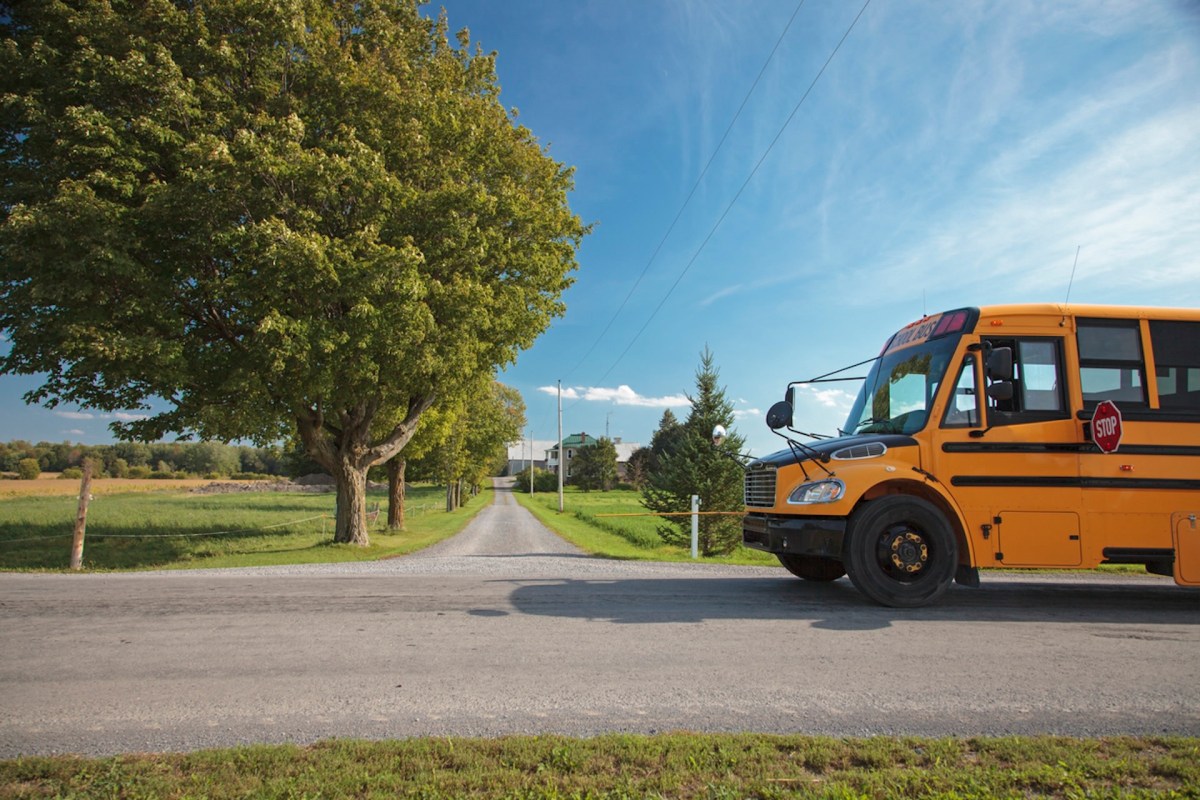A new study has revealed that as many as two million children are impacted by harmful pesticides sprayed near schools.
What's happening?
A new analysis from the Environmental Working Group showed that over 4,000 elementary schools in the United States are within 200 feet of crop fields that may have pesticides applied to them.
Since many pesticides can drift miles away from the crops that they're meant to protect, this poses a serious threat to the health of young students. Additionally, thousands more schools are within a quarter mile of crop fields.
Why is this important?
Pesticides can have incredibly harmful effects on human health. For example, Inside Climate News reported that glyphosate weed killer can put people at much higher risk for developing cancer, cardiovascular disease, and diabetes.
"We know that pesticides such as glyphosate and paraquat have known health harms, this is not speculation," said Senator Cory Booker.
Other pesticides like neonicotinoids can cause cancer, while others may be causing decreased sperm counts around the world, and others still can have alarming effects on non-insect animal life.
What's being done about this?
Fortunately for children around the country, many states have strict laws that regulate when farmers are permitted to spray pesticides onto their crops to minimize human exposure.
However, some members of Congress are attempting to reduce or remove those regulations so that farm and pesticide profits can increase.
"It makes me angry," said Booker. "Some members of Congress are now proposing to preempt all of these laws, stripping states and localities from being able to do what's necessary to protect their children."
"They're putting the profits of pesticide companies like Bayer's Monsanto and pesticide applicators ahead of the risks posed to our kids," said Scott Faber, the head of government affairs for EWG.
Politicians like Booker are attempting to combat these harmful bills — the senator from New Jersey introduced his own bill to ban dangerous pesticides outright.
The battle to protect children will probably come down to political action, so it wouldn't hurt to contact your representatives to voice your support for stricter pesticide regulation.
Join our free newsletter for weekly updates on the coolest innovations improving our lives and saving our planet.









